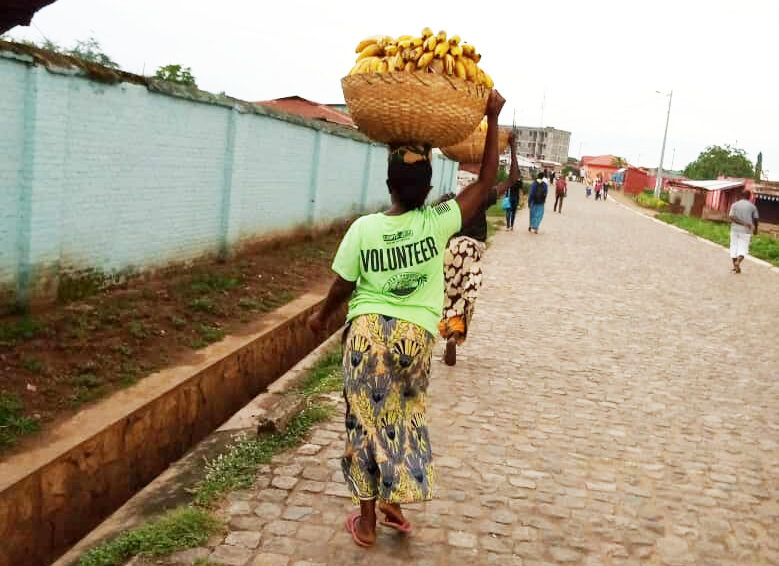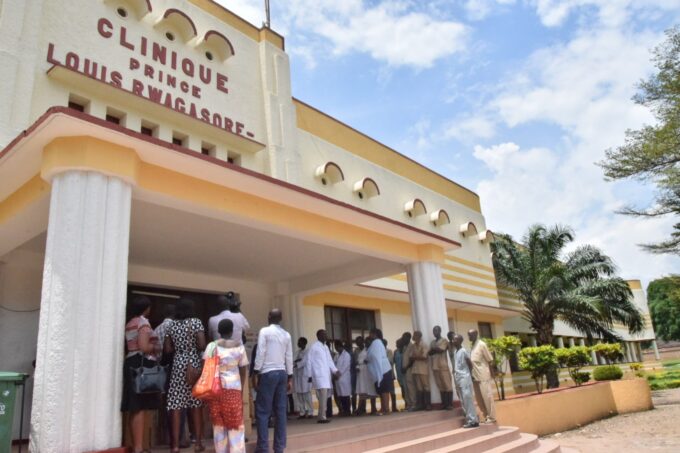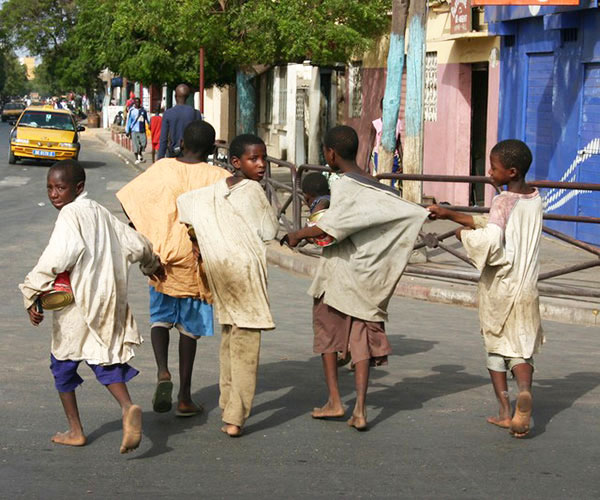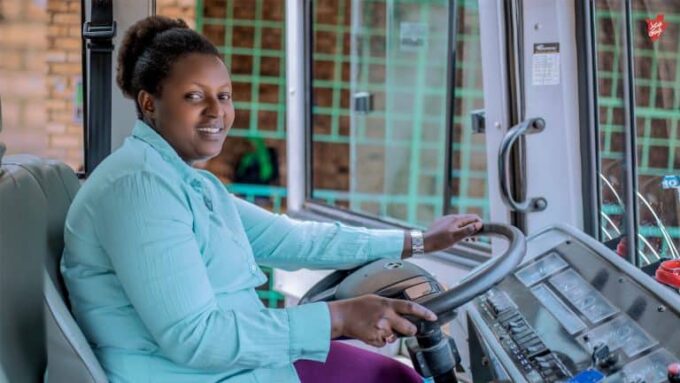In the heart of Bujumbura, the country’s economic hub, a number of women navigate the bustling streets each day—not as shoppers, but as unlicensed street vendors trying to make a living. Despite repeated arrests by police, these women persist, driven by the simple yet powerful goal of providing for their families.
Carrying baskets of avocados, peanuts, fruits, vegetables, and other goods—both food and non-food items—they weave through traffic and crowds, keeping a cautious eye out for police patrols. Their trade is considered illegal by municipal authorities, who have banned street vending in central Bujumbura for reasons of public safety and cleanliness.
Still, for these women, giving up is not an option.
“I’ve been a street vendor for eleven years,” says one vendor who requested anonymity. “I started with just 20,000 Burundian francs, selling avocados. I’ve been arrested four times. Each time, the police took my goods, and I never got them back.”
She recalls a particularly harrowing experience: “They call us intumva, meaning ‘incorrigible.’ Once, I was caught with tomatoes worth 85,000 francs. At the Special Investigation Bureau (BSR), an officer told me I’d be sent to Mpimba Central Prison unless I paid him 70,000 francs. I had no choice.”
These women vendors are most visible near the remains of the old Bujumbura central market, which was destroyed in a 2013 fire. Since then, street vending has expanded across urban neighborhoods, filling the economic vacuum left behind.
With little capital and few opportunities, most of these women say they can’t afford to rent official market space or pay the necessary taxes. “How can I pay taxes and still make a profit with just 30,000 francs?” asks another vendor.
Despite the danger and instability, these women see no alternative.
“This is our livelihood,” one vendor states firmly. “No matter the hardship, we can’t give it up.”
In 2022, the National Women’s Forum promised to advocate for these vendors, proposing the construction of proper stalls to help them work in safer, more organized conditions. The women say they would gladly move to official markets—if only they had support, or could be organized into cooperatives.
Until then, they continue to walk the streets of Bujumbura, balancing risk with resilience, trading in hope while dodging handcuffs.








Leave a comment